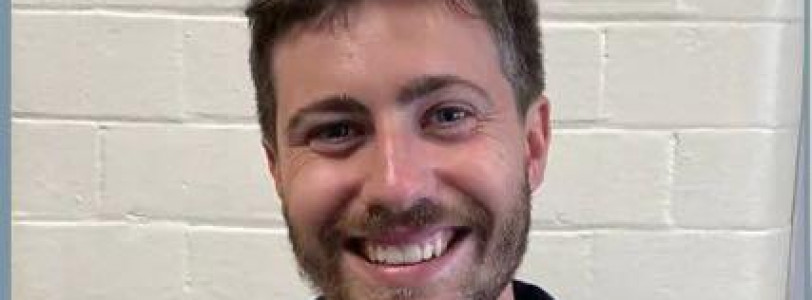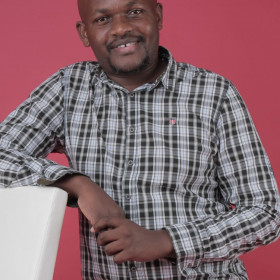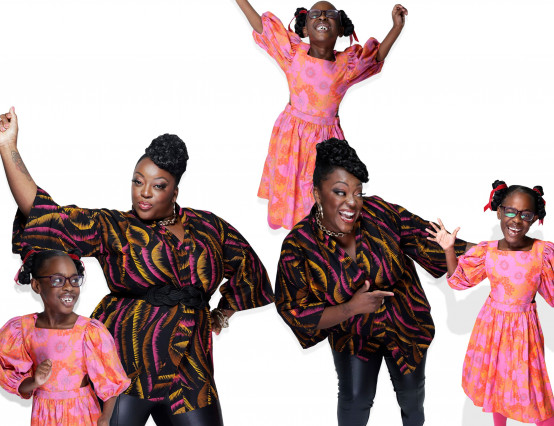Could you first introduce yourself to the reader?
My name is Joe Harvey, I’m 25 years old and have recently completed my Master’s in sociology at [Notting Trent University] NTU. Recently I have started a role at Nottingham Arimathea Trust, a charity that works to house destitute asylum seekers and refugees.
What does your job involve? Give us the typical outline of a day?
So in my current role, the old cliché that no two jobs are the same is actually true. As a housing support officer, my time is split between property maintenance, office administration and resident support. The first two sections of the job are by far the easiest as they mostly require meticulous data entry. The last is more challenging as it involves meeting complex emotional and psychological needs covering everything from assisting someone with an application to providing pastoral support to help keep people stable.
What’s great about your job?
Seeing someone's circumstances improve due to your help.
What are the bits you don’t like or find challenging?
I hate evicting people, but due to the regulations we work in, this sometimes has to happen to protect other residents' safety.
What are the highlights of your career to date?
So far, the best highlight was having a resident open up about their past trauma and see how they have developed strong, mindful skills to cope with this.
What was your career path into this job? Have you also worked outside the arts?
I have had 27 jobs, none of which were in this sector. My route into this work was through my master's degree, which introduced me to the company and gave me a passion for working in refugee support.
How has your background, upbringing and education had an impact on your artistic career?
Yes, this role is a crystalisation of [a] lifetime of growing up under a government and media that is very hostile to refugees, leading me to wonder what it is about this group that means they are demonised so much. I have a strong socialist humanitarian philosophy rooted in a Christian upbringing that taught me to value human life over material wants.
Did you have any role models or inspirations growing up?
Russell Brand was my childhood role model.
Can you describe your biggest challenge so far in your career? How did you overcome it?
The biggest challenge was seeing someone try to commit suicide, as it made me realise the limits of my ability to help and learning these limitations is an ongoing challenge.
Have you had a mentor anytime during your career, and if so, how has having one made a difference?
Unfortunately not.
Are there any online support spaces you’re a part of, and if so, how have they helped you?
There are many online training courses that I am undertaking to learn more about immigration law, as this assists me in knowing what options are available to my clients.
Have you noticed any changes in the industry? If so, what?
I’ve not been involved long enough to know this. However, the options for help and conditions in which refugees exist have gotten dramatically worse over the last 30 years.
You’ve been granted the ability to send a message to 16-year-old you. What do you say?
Don’t waste your time doing jobs for the sake of it; follow your passion.
Do you have any advice for young people interested in doing your kind of job?
Volunteer in the sector first to get experience and learn about the realities of this sector before committing to a job.









0 Comments